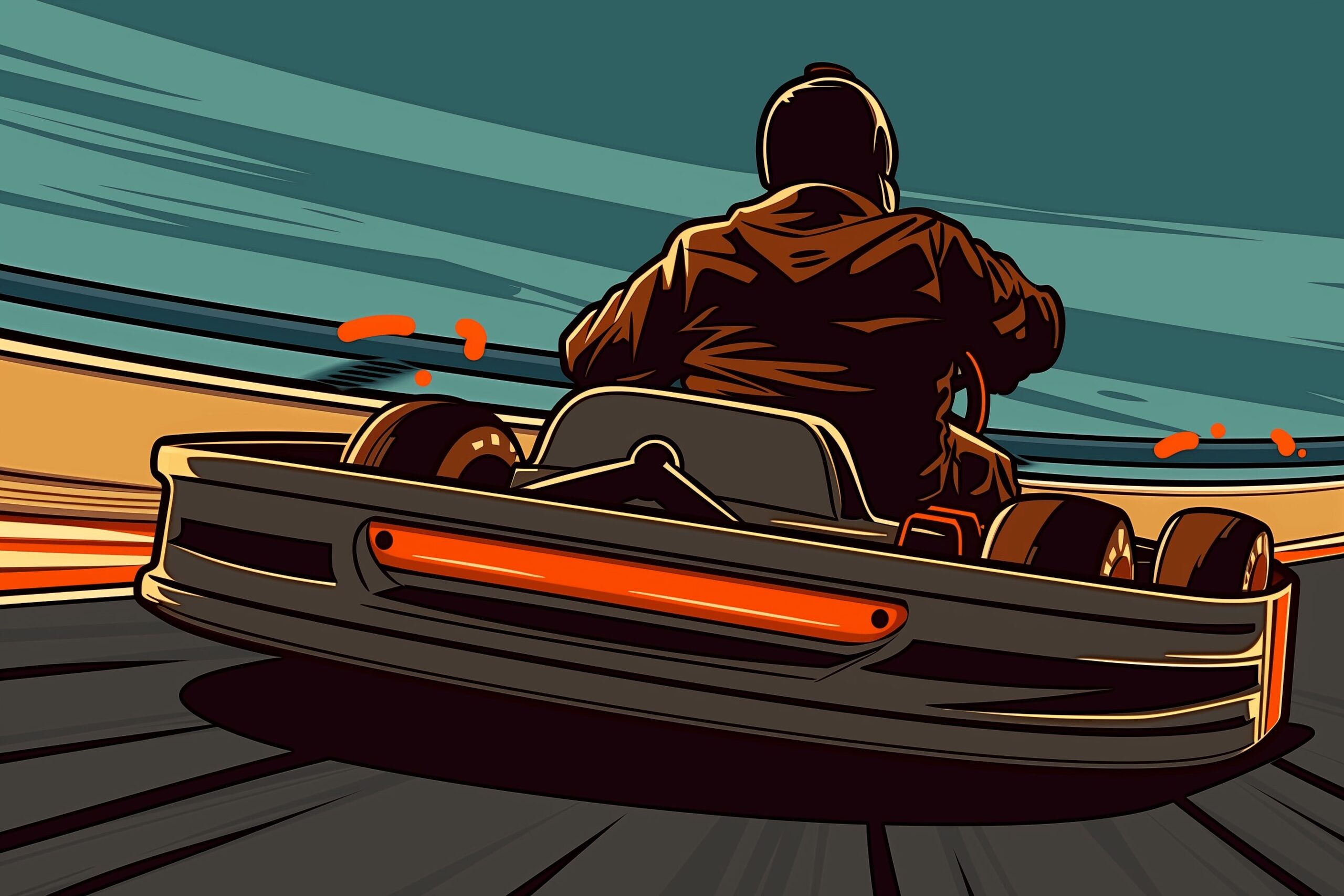How Long Does It Take To Learn Guitar?
Nov 17, 2023

As an Amazon Associate, Modded gets commissions for purchases made through links in this post.
Learning how to play guitar makes you look cool. Not only that — a talent like this can come in handy during family gatherings or bonfire parties and can make any get-together more special.
Now that all resources can be found online, it’s easier to learn any skills, including playing a string instrument. If you want to know how long does it take to learn guitar, find out the factors that affect the learning curve and the varying levels of expertise you can pursue.
Factors That Affect Your Learning Pace
Photo by Burst on Unsplash
Like at school, everyone learns at their own pace. Some may learn more quickly than others because of some factors that come into play. Let’s find out what they are.
Consistency of Practice
Learning any craft requires consistent practice. If you want to improve rapidly and are serious about developing the skills, committing a portion of your time daily is essential to fast-track your learning.
Practice makes familiarity, so only with repetition can you retain the new knowledge you’ll acquire. You must dedicate some time to practicing daily and build the habit of playing. The more frequently you practice, the faster you learn the basics and move on to advanced techniques.
Natural Talent
Some people may deny it, but genes play a role in passing on musical talents and natural aptitude. Studies have found that music-related ability is 50% inherited from the family. Just as physical traits, like eye and hair color, are inherited, there’s also a strong link between genetics and abilities. If one or both of your parents play musical instruments, genes give you an edge to pick up guitar easily and have better eye-hand coordination than others. However, this natural aptitude won’t flourish if you don’t nurture and elevate your proficiency through practice.
Learning Method
If you want to know how long does it take to learn guitar, include the most effective learning method in the equation. People learn differently. While some can absorb new information effectively from online videos and reading materials, others may find face-to-face lessons with an instructor more favorable. Take into account what learning strategy allows you to retain new learnings easily and stick to it.
Type of Guitar
The string instrument comes in multiple sizes, materials and types. Others find an acoustic steel string the easiest to learn and play because of its narrow neck and frets, which are convenient to hold. Some may find a classical acoustic nylon string harder to play because the frets and neck are wider, a disadvantage for people with short fingers. You may find it easy to play an electric guitar. Choose the type and size of string instrument you can handle comfortably.
Length of Practice Time
Like any learnable skill, the time you devote to practice can impact your learning curve. If you have a lot going on and can only spare half an hour for lessons, it may take you longer to complete the beginner course than those with two or more hours to practice.
There’s this infamous 10,000-hour rule of learning popularized by Malcolm Gladwell in his book Outliers. What this implies is the more time you spend practicing, the better you get.
Beginner Level of Guitar Lessons
Photo by Gabriel Gurrola on Unsplash
You must begin with the basics if you have zero knowledge of playing any string instrument. Hiring an instructor for your first lesson can help you understand the guitar chords, notes and proper strumming. The best thing about one-on-one guitar training is it’s interactive and you can ask questions at any point if you want to clarify something, which you can’t do with an online course.
You will learn the following things in an introductory course.
- Basic chords: Know the finger placements, including the proper posture.
- Reading a song chart: Learn how to read a guitar tab.
- Strumming: Familiarize various strumming patterns that suit a song’s rhythm.
- Using a capo: A capo can make some chords easy and allows you to play more songs.
After developing a good grasp of the basics, you may move on to online courses for the succeeding lessons.
How Long Does It Take To Learn Guitar?
Photo by Tony Bustamante on Unsplash
You can play beginner guitar songs for months if you practice with medium intensity for 30 minutes a day, three to five times weekly. If you continue, you’ll reach an intermediate level within a year and become an expert after about two years. Here’s what the guitar learning journey looks like, assuming you practice at medium intensity.
- Beginner level: In one to two months, you’ll start playing songs with easy chords. You’ll also learn to strum and change the patterns depending on the music. If you’ve gotten better with strumming, try a new technique, like plucking with your thumb, to play a single note.
- Intermediate level: You can develop your own playing techniques within three to six months. You can play a song and combine strumming, plucking and hammer-ons. You nail down the transitioning of fingers from one chord to another and you may start learning to read tablature or guitar tabs.
- Intermediate-advanced level: You’ll reach this level if you’ve been playing for a year and six months. At this point, you’re an expert with chords and can strum to any song with basic to intermediate techniques. Adopting advanced playing techniques, like barre chords and alternate picking, can take your skills to the next level and become versatile as you memorize more playing patterns.
- Advanced level: Most people reach an expert level within 18 to 36 months of medium-intensity practice. This time, you can play any song with little effort and do it spontaneously. You can improvise chords or strumming patterns and techniques on the fly and enjoy playing guitar all the time. Monetizing your guitar-playing skills by participating in a local festival as part of a band is possible.
Practice Is Key to Getting Better at Playing Guitar
How long does it take to learn guitar? It depends on the time and effort you put in to reach a certain level of expertise. You’ll certainly encounter difficulties along the way, but sticking to it will give you serious progress.
Being talented at playing a musical instrument certainly has its benefits. Apart from making you look cool, it helps you understand music and builds your confidence. If you want to embark on a learning journey, don’t compare yourself to others. Some factors, like genes, affect your learning curve, so focus on your own progress.
Finally, remember learning is a lifelong process. If you don’t want to get stuck, continue adopting more techniques to hone your skills.






